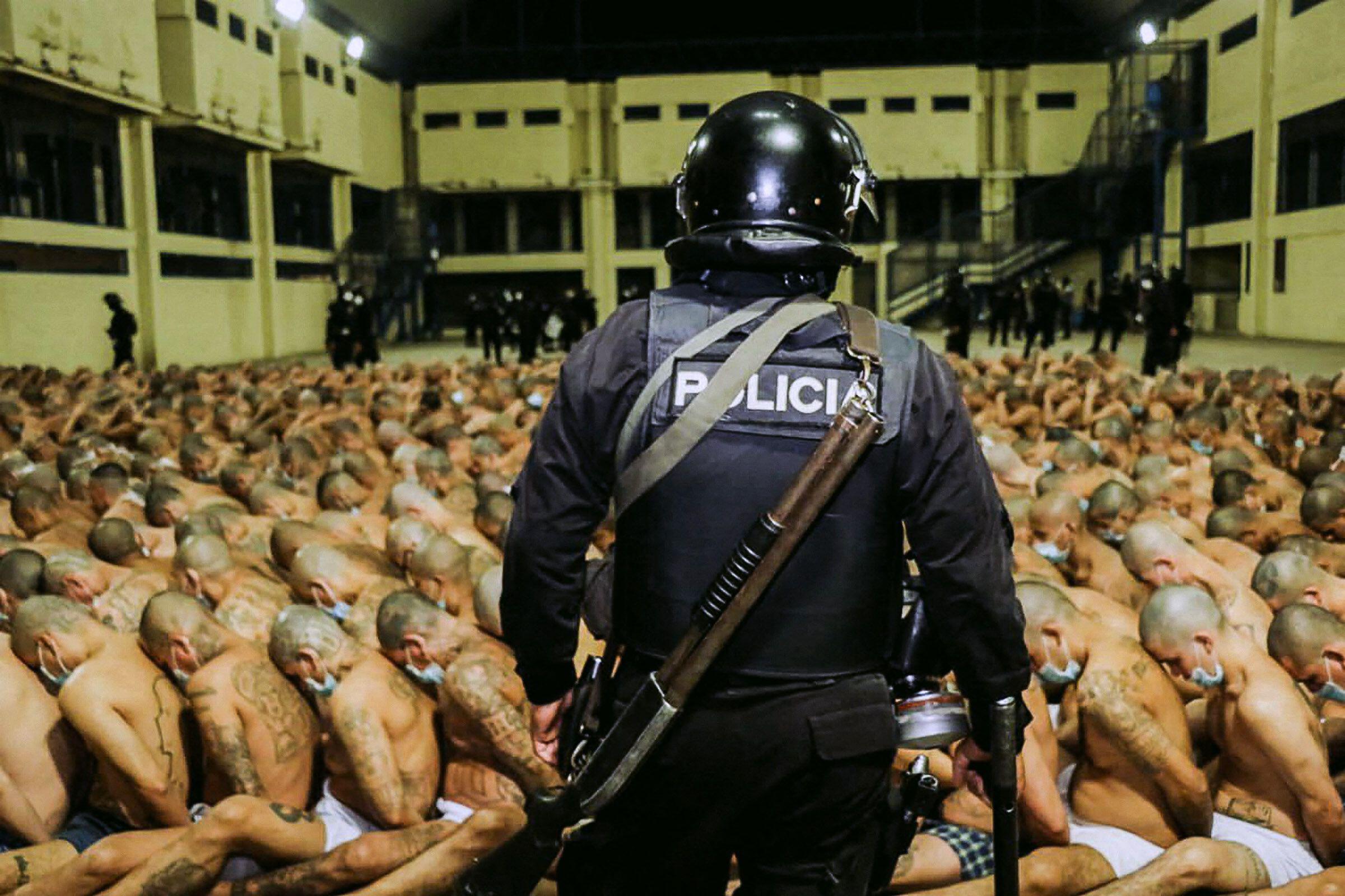 Index on Censorship challenges anonymity at the new UK Supreme Court
Index on Censorship challenges anonymity at the new UK Supreme Court
When the UK’s new Supreme Court opened today, the first case heard concerned the anonymous A, K, M, and G.
We can’t tell you who A, K and M, are. Neither can newspapers such as the Guardian, The Times, The Economist, nor newswires such as AP, Bloomberg or Dow Jones.
That’s why Index on Censorship has joined forces with the UK and US media to file an application at the Court to oppose any application by the appellants to be granted anonymity. If granted, such an order would depart from a basic principle of English law: open justice. Cloaking the identity of the appellants would also infringe the media’s freedom of expression.
In a victory for openness, the court decided today that G could be named. He’s Mohammed al-Ghabra, a 28-year-old Syrian-born British national living in East London. Al-Ghabra is challenging his designation in court.
Nonetheless, the other three appellants have an interim order of anonymity. All of the appellants have already been publicly named by the UN Security Council, which publicised their identities so that member states could implement targeted sanctions against them. The US Treasury also posted their names on the Internet, but the anonymity order prohibits the British media from publishing their names.
The UN al-Qaida/Taliban sanctions committee determined that the four had provided material contributions to terrorist groups. As a result, the UN subjected them to asset freezes, which HM Treasury enforced against A, K, M, and G.
This isn’t the first al-Qaida/Taliban sanctions case to face legal challenge. In a landmark case in September 2008, the European Court of Justice ruled in the Kadi case that the EU regulation implementing the UN sanctions violated due process rights.
The new Supreme Court must ensure that such counterterrorism procedures do not infringe the fundamental rights of those designated. But it also needs to guarantee open justice by allowing the press to publish the names of the other three appellants, A, K and M.
For Britain’s new court, the decision to allow G to be named is a good step forward.




